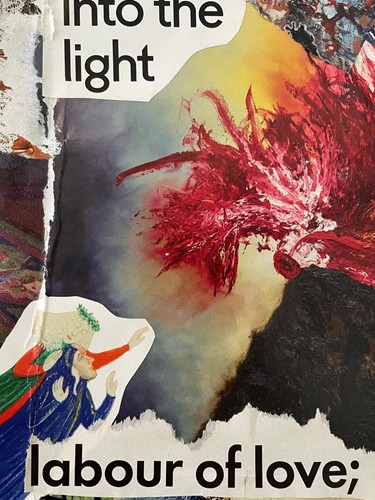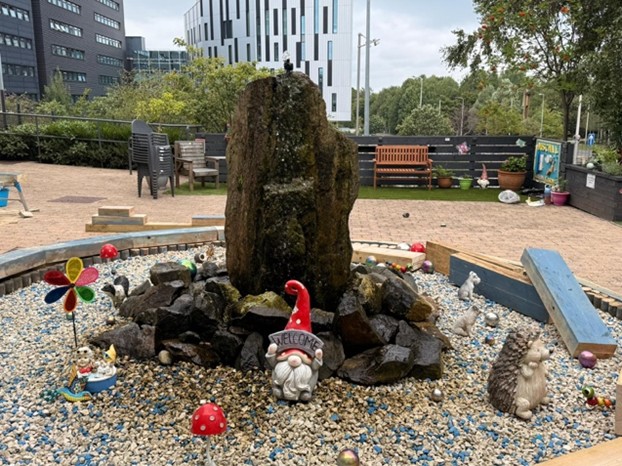A guest blog from Charlotte Day, a student of the MSc in Global Mental Health and Society at the University of Edinburgh.
If it were not for a long-time friend of mine breaking my heart, I would not have begun an MSc at the University of Edinburgh.
This painful experience further inspired the argumentative thread found in my dissertation, ‘The Magic and the Misery of Friendship: What Cannot be Accounted for in Risk Averse Children’s Statutory Social Work,’ supervised by Dr. Autumn Roesch-Marsh as a part of her project ‘Transforming Friendship Focused Support.’
Dr. Roesch-Marsh’s project addresses barriers to policy and practice surrounding friendship for children and young people in the care system. Her work was done in collaboration with a number of experts by experience from across Scotland, as well as Dr. Ruth Emond from the University of Stirling, and the Scottish Throughcare and Aftercare Forum (STAF).
Reading Dr. Autumn Roesch-Marsh and Dr. Ruth Emond’s previous writing on the subject, it struck me that current risk averse attitudes permeating social work with children and young people may impact upon friendship in a number of ways. In particular, when practitioners avoid risk, they may inadvertently reduce opportunities for children and young people to maintain and/or build their friendships.
In my writing, rather than highlighting only friendship’s positive facets – which are indeed numerous – I instead elucidate on friendship as a necessarily ambivalent relation. By ambivalent, I mean that our attachments, platonic or otherwise, are always necessarily imbued with positive and negative emotions and experiences. In the act of caring for another, we invariably risk pain, grief, and even betrayal. This cannot be done away with.
I heard the painful aspects of friendship echoed by a number of individuals I spoke to while doing this writing. Still, none of these individuals – myself included – would deny that friendship is important and worth pursuing, in spite of its harsher edges.
For social work policy and practice, this ambivalent view suggests an acknowledgment of the possibilities and limitations of Relationship-Based Practice. This is a paradigm that has seen increasing relevance in the last decade as writers and policymakers assert the primary value of quality relationships for children and young people in care.
However, if it is to make a meaningful change in the field, I argue that Relationship-Based Practice must include within its scope an understanding of the risks and limitations baked into the very relationality it advocates for.
Facing the ambivalent nature of friendship entails accepting the similar ambivalent and risky nature of caring – where nothing is guaranteed. The other cannot be known nor controlled for conclusively. Outcomes cannot be neatly engineered. In truly caring for another, you are with them through thick and thin.
Risk-averse climates attempt to avoid ‘negative’ outcomes through procedure. This effort is a futile one. It also perpetuates anxiety towards anything deemed ‘bad;’ an ultimately limiting attitude which fails to account for the richness of our lives, inclusive of all its peaks and valleys.
My writing speaks not only to social work practice but to broader questions of human flourishing. My hope is that, in facing life’s ambivalences, we may open the door to richer understandings of ethics, care and wellbeing – what has hurt us can also in turn open us to new opportunities, new creative endeavours, new connections. I am lucky enough to know this firsthand.

Charlotte Day is a writer-researcher and part-time carer currently based in Glasgow, Scotland.
A soon-to-be graduate of the MSc in Global Mental Health and Society from the University of Edinburgh, Charlotte brings a background of lived experience both receiving and providing mental healthcare. This experience inspired her to critically explore dominant notions of mental health, wellbeing, and care and offer alternative perspectives.
Charlotte is hoping to continue this line of enquiry in future PhD study, and is eager for more opportunities to explore these topics further.
To keep up with her future work, you can find Charlotte on LinkedIn.





